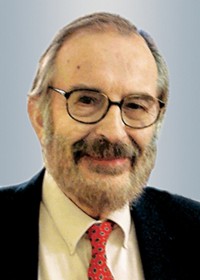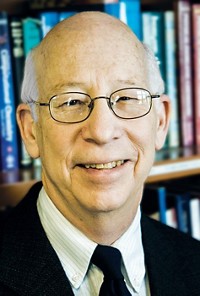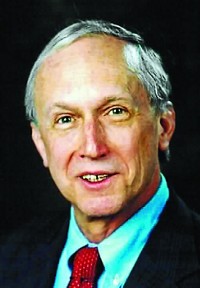Advertisement
Grab your lab coat. Let's get started
Welcome!
Welcome!
Create an account below to get 6 C&EN articles per month, receive newsletters and more - all free.
It seems this is your first time logging in online. Please enter the following information to continue.
As an ACS member you automatically get access to this site. All we need is few more details to create your reading experience.
Not you? Sign in with a different account.
Not you? Sign in with a different account.
ERROR 1
ERROR 1
ERROR 2
ERROR 2
ERROR 2
ERROR 2
ERROR 2
Password and Confirm password must match.
If you have an ACS member number, please enter it here so we can link this account to your membership. (optional)
ERROR 2
ACS values your privacy. By submitting your information, you are gaining access to C&EN and subscribing to our weekly newsletter. We use the information you provide to make your reading experience better, and we will never sell your data to third party members.
Synthesis
ACS Award for Creative Research & Applications of Iodine Chemistry
February 5, 2007
| A version of this story appeared in
Volume 85, Issue 6
Sponsored by SQM S.A.
Peter J. Stang, distinguished professor of chemistry at the University of Utah, has made significant contributions to organoiodine chemistry, work that one colleague says is "characterized by creativity, originality, depth, and breadth." Stang, however, is nearly as excited about who is sponsoring the award in iodine chemistry as he is about the award itself.
"SQM S.A., the sponsor of the award, is a Chilean company," Stang says. The award in iodine chemistry is one of only two ACS national awards that are sponsored by non-U.S. companies, Stang notes. "That a non-U.S. company is sponsoring an ACS national award says a lot about the increasingly international nature of the chemistry enterprise."
Stang points to his own recent history to buttress his point. As the editor-in-chief of the Journal of the American Chemical Society, Stang appointed the first non-U.S. associate editor of the journal. He is heavily involved with chemistry in China, and he was recently elected as a foreign member of the Chinese Academy of Sciences. He was also recently elected as a foreign member of the Hungarian Academy of Sciences. He was the vice chair of Pacifichem 2005, and he is serving in the same capacity for Pacifichem 2010, where the Chinese Chemical Society will be a cosponsor for the first time.
"Chemistry is truly an international endeavor," Stang says. "It is absolutely essential that ACS continues to engage chemists around the world."
As for Stang's work in iodine chemistry, C. Dale Poulter, the John A. Widtsoe Distinguished Professor of Chemistry at Utah, says, "In the mid-1980s, Stang embarked upon a wide-ranging, pioneering, and highly innovative and creative research program in polyvalent iodine chemistry that has engendered a renaissance in the field."
Stang explains that iodine is most commonly found in organoiodine compounds as the monovalent form with an oxidation state of -1. However, as a consequence of being the largest, least electronegative, and most polarizable of the common halogens, iodine also forms stable, polycoordinate, high-valence compounds, usually as I(III) and I(V) species.
Stang and his coworkers developed a general way to synthesize and explore the chemistry of stable alkynyliodonium species, RC? CI+PhX- (X = OTx, OTf, BF4, and the like). These salts serve as electrophilic acetylene equivalents and proved to be highly useful in chemical synthesis.
CI+PhX- (X = OTx, OTf, BF4, and the like). These salts serve as electrophilic acetylene equivalents and proved to be highly useful in chemical synthesis.
"We used these alkynyliodonium salts to make hitherto unknown alkynyl esters, the first ever made," Stang says. "Many of them possessed interesting biological activity."
Stang, 65, received a bachelor's degree in chemistry from DePaul University in 1963 and a Ph.D. degree from the University of California, Berkeley, in 1966. After a postdoctoral fellowship at Princeton University, he joined the Utah faculty in 1969. He is a member of the National Academy of Sciences and the recipient of numerous awards and honors.
The award address will be presented before the Division of Organic Chemistry.
- 2007 ACS National Award Winners
- Banerjee and Verdine, Brown, Gellman, Leibler, Münck, Schwartz, Stang, Stevenson, and Uneyama.
- AAAS Fellows at ACS
- More Awards






Join the conversation
Contact the reporter
Submit a Letter to the Editor for publication
Engage with us on Twitter